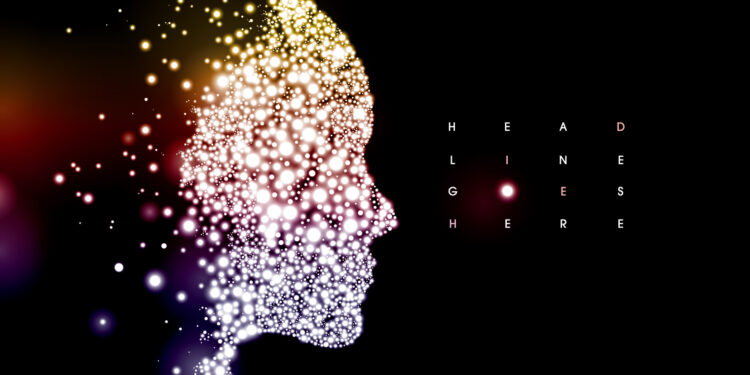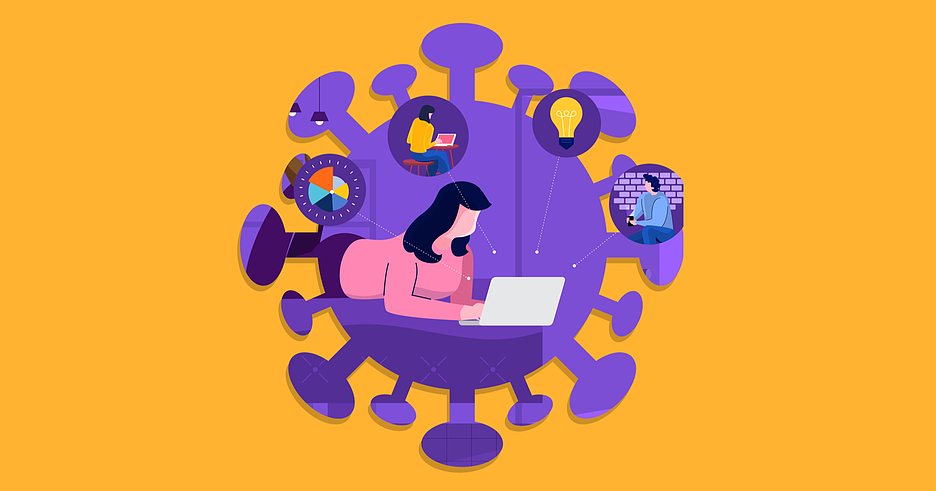Artificial Intelligence applied to Machine Learning will be able to predict depression in patients, reveal the most hidden symptoms and establish the best personalized treatment.
– “Don’t worry, you probably have a bad day, tomorrow will be better.” You breathe calmly thinking that it will be temporary, that tomorrow this feeling will disappear. But the truth is that the next day you wake up feeling the same, and so the days happen, without too much hope. And almost without realizing it, you find yourself immersed in a depressive spiral from which you see no way out. The mind seems to become your worst enemy.
The truth that has always surrounded depression is its difficult diagnosis. There has always been a fuzzy line separating depression from what is not. According to WHO, depression is one of the most common diseases worldwide. This mental disorder affects more than 300 million people. In the worst case, it can even lead to suicide. In fact, about 800,000 depressive people commit suicide each year and it is ranked as the second leading cause of death among young people aged 15 to 29.
In order to combat it effectively, and as in other disorders, medical specialists establish patterns with common symptoms. But neither the symptoms nor the treatments work the same for each patient, since, as they say colloquially, each person is a world. Faced with this complex situation, Artificial Intelligence appears with the challenge of personalizing both the diagnoses and the treatments of the patients. Technological innovation is at the service of our mental health.
The Machine Learning that discovers the invisible
Today, researchers around the world specializing in this technology have discovered the capabilities of machine learning to develop techniques for arresting depressive symptoms invisible to the human eye. In fact, from the BlogThinkBig.com we reveal that there are already technologies capable of alleviating depressive symptoms. A team of scientists from University College London has discovered how virtual reality can become precisely the best weapon to combat depression.
The opportunities offered by Artificial Intelligence applied to ML are encouraging even when it comes to predicting the probability of suffering a depression in the future. A study published in Psychiatry Research has shown that it is possible to identify which patients would be depressive through magnetic resonance images, and their subsequent analysis by machines subject to machine learning. Discovering the differences between the two groups was also determined, with a 75% hit, the severity of depression among patients. This technique has also been used in other research. In fact, The New Yorker published another essay on the use of this technique of analysis based on medical images with very positive results.
But as we anticipated before, AI is not only able to predict whether or not you will have depression, but it detects this disorder even in the most invisible cases. In this context, researchers from the Weill Cornell School of Medicine (USA) used another technique based on machine learning, in this case applied to the collection of data obtained from a resting brain. The specialists were able to analyze the data on the state of the brain of the 52 patients suffering from depression, compared with the accumulated information on 42 healthy patients. In fact, they have reached another level. After the phase of detection of symptoms, scientists have been able to qualify depression under four subtypes linked to factors such as anxiety, stress and lack of pleasure. From BlogThinkBig.com we also echo the importance of Big Data with psychiatry. Because depression is a very unstable disease, the collection of data almost at the minute allows you to know the mood of the affected person at each moment and thus improve your therapy. The social network Facebook has recently stated that it will be able to do something similar with its users ‘ data to combat depression, although it is questioned whether its intervention will really be effective.
The first step is already taken. Thanks to technology, even the most hidden depression has been detected. But now we have to ask ourselves, what is the most appropriate and effective treatment for each patient? Emory University in the US has conducted another study that also uses magnetic resonance imaging analysis to establish patterns of brain activity when the patient is in treatment. On the side of obtaining patterns, New York University published a recent study, which in this case uses vocal patterns among possible depressive patients. And there is no doubt that ICTs are getting closer to fighting effectively against this disorder, and not only detecting it but treating those who suffer from it. Within this area of rehabilitation research has also been developed so that depression in a patient does not reach the extreme of self-injury or end their life. To do this, the University of Florida has built a software with Machine Learning technology that analyzes the medical histories of depressive patients and establishes a probability of suicidal thoughts.
The technological depression
Just as technology is projected hopeful to improve our lives, other times it is responsible for generating bad habits that can even lead to depression. Thus arises a depression linked to addiction technology that seems to demand 100% of us and our time. There is no denying the obvious advantages and facilities that technology offers us, factors that make us prone to be addicted to it. In fact, from the BlogThinkBIg.com we recently revealed the results of the latest IAB Social Media study. About 19 million Spanish users, both men and women, and with an average age of 38 years, spend an average of four hours a day tangled in social networks. A group of scientists from the University of Leeds came to establish a relationship with tech addicts and depression. Of the 1,300 people surveyed, 1.2% admitted being addicted and suffering from depression. In fact, those individuals who are only addicted were five times more likely to suffer from depression. Even so, technology as such, alien to how it is treated on our part, is a discipline that advances and strives to bring benefits to us. New prostheses, diagnostics, implants, are some of the products and technological methods subject to constant innovation that seeks to improve our day to day.
AI is a field that never ceases to amaze us, making us reflect on what it is capable of offering us in the future. At the moment its application to psychiatry leaves very promising results. Welcome to the intelligence that can and intends to make us happy.









